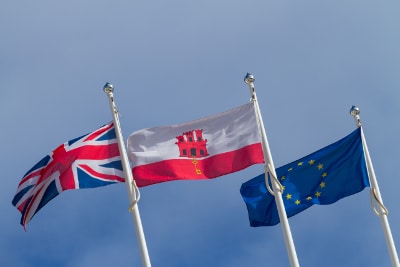The software, called Connect, has been developed to scour vast databanks of personal and commercial information, seeking to unearth links between individual taxpayers and businesses, income, assets and transactions. It then matches its findings against the information the taxpayer has provided through their return. Discrepancies are flagged and could prompt a tax investigation. The searches take mere seconds and are undertaken repeatedly to capture new information.
From next year Connect’s powers will extend further still. September 2016 is when HMRC starts having access to files held by banks and other financial firms based in British overseas territories, such as the Channel Islands; and from 2017 Connect goes truly global with access to data in a further 60 countries.
One of Connect’s biggest jobs is to hunt for income disparities. It will process information about your bank account balances and income, and match this with other information – mainly your tax return and, for example, and your PAYE data submitted by your employer. The object is to spot undeclared, taxable savings income. From 2016 financial institutions in British Overseas Territories will share data with HMRC. From 2017, this extends to 60 other OECD countries and by 2020 virtually all countries will have some form of data-sharing agreement in place.
In theory the data should always flow to the country where the individual is resident for tax purposes. So HMRC would share data with another country only if the individual was due to pay tax there. In turn, HMRC would want bank account data from say, Spain, where it related to taxpaying residents in the UK.
If you have any doubts about your financial affairs we are here to give you free, impartial, independent advice. If you have any questions or need any clarification regarding the above you can contact me on info@blacktowerfm.com
This communication is for informational purposes only and is not intended to constitute, and should not be construed as, investment advice, investment recommendations or investment research. You should seek advice from a professional adviser before embarking on any financial planning activity. Whilst every effort has been made to ensure the information contained in this communication is correct, we are not responsible for any errors or omissions.

 This week, in our latest Around the Branches piece, we take a look at Gibraltar’s plans for Brexit and how Spanish parliamentary developments are affecting ongoing negotiations.
This week, in our latest Around the Branches piece, we take a look at Gibraltar’s plans for Brexit and how Spanish parliamentary developments are affecting ongoing negotiations. Expat financial advice is a must for any British expat living in Portugal, Spain or Italy to ensure they meet their cross-border taxation obligations while also making the most of the financial growth and preservation opportunities available to them.
Expat financial advice is a must for any British expat living in Portugal, Spain or Italy to ensure they meet their cross-border taxation obligations while also making the most of the financial growth and preservation opportunities available to them.